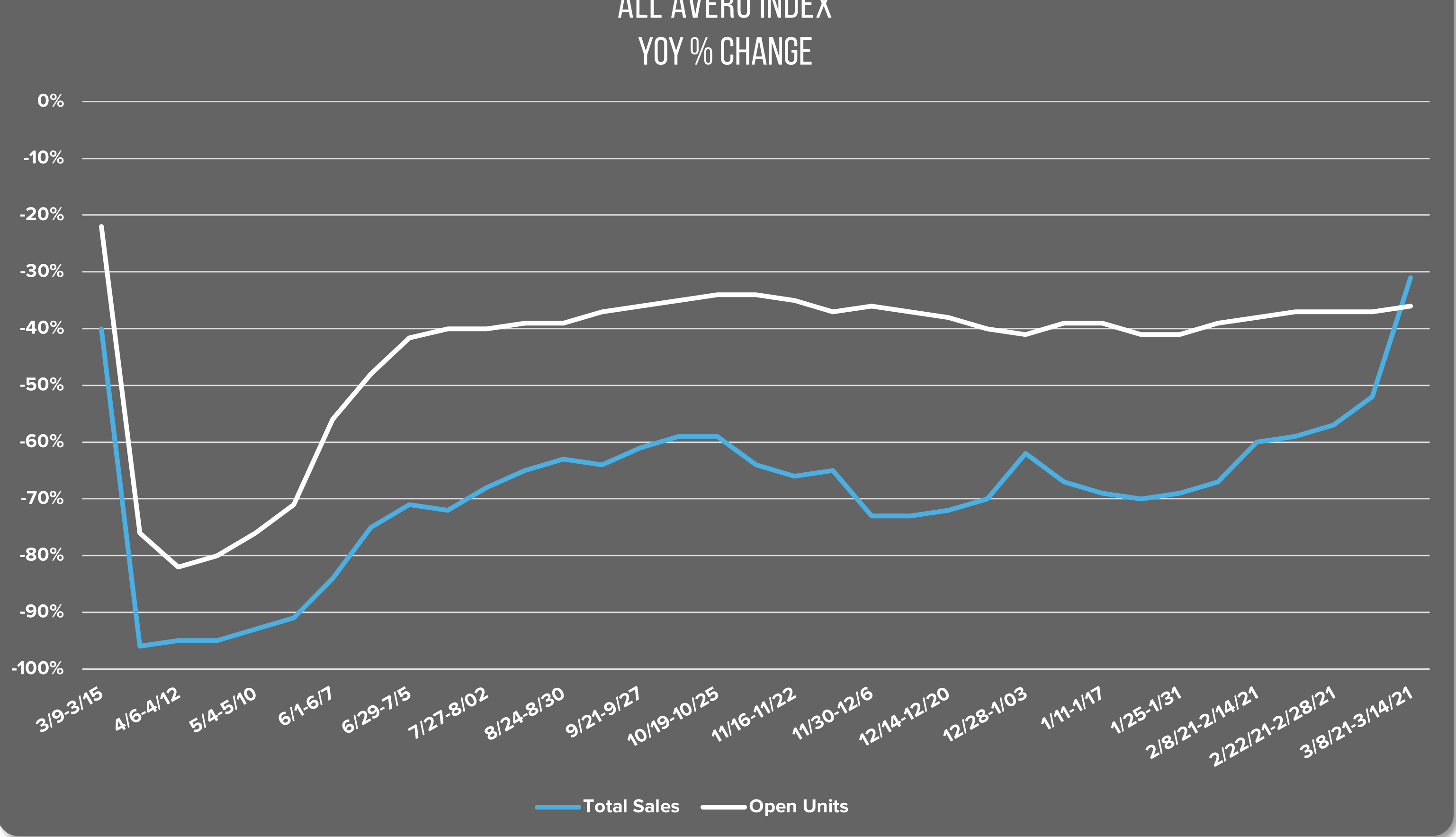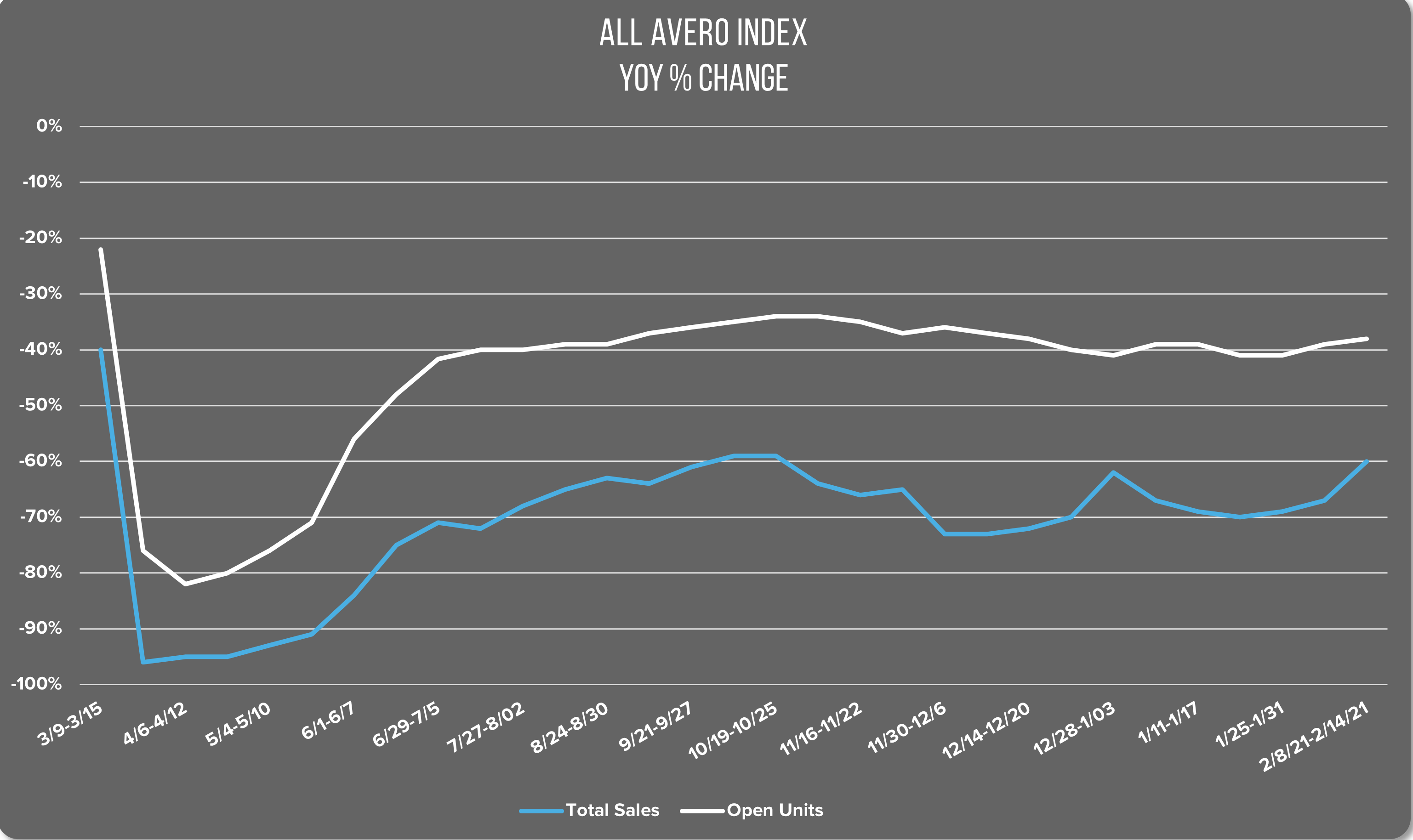
According to the National Restaurant Association, the turnover rate for employees in the restaurants-and-accommodations sector is 62.6%. This means that the majority of your restaurant employees will be working for someone else within a year – in fact, most of them are probably looking for another job right now. Consequently, restaurant employees are likely to practice various types of fraud to get ahead because they already have another job lined up in case they get caught and let go.
Fortunately, there are ways to defend yourself against this. Know exactly what to watch out for in your restaurant with these common employee theft practices:
- Milking the Clock: Many employees clock in as soon as they walk in the door but then spend the next hour hanging around with other employees without performing any actual work. Higher-paid cooks may stick around several hours after they’re cut, or they may have someone clock out for them in order to hit overtime that was never planned or scheduled. Keep track of clock-in and -out times to stay on top of your overtime.
- Fudging Numbers: Be sure someone you trust, even if it’s yourself, is analyzing the finances for your restaurant. People often fudge numbers on P&L reports or lie on taxes for financial gain. Have a system that organizes your financial data automatically.
- Scheming Vendors: Make sure you know and trust all vendors you purchase goods and supplies from. Some wine vendors give bar managers kickbacks for buying certain types of wine, while some food vendors build relationships with chefs so that they purchase extra inventory that then disappears. Do your research about what is accurately needed for vendor purchase orders.
- Missing Inventory: It’s common to let your servers eat soup, salad and dessert for free, but make sure all items are being rung up and accounted for so that you’ll be able to notice when a few steaks go missing or when servers are loading up to-go boxes for their next meal. Make sure your employees are ringing everything up, even if you plan to comp it later.
- Abusing the POS: The most common fraud practices take place when servers, bartenders and even managers abuse the point of sale system. Employees can reuse checks on cash payments, transfer items to be voided off on cash checks so that they can pocket the cash, and more. Restaurants shouldn’t give servers or bartenders the ability to authorize their own items, but this happens a lot due to busyness of the restaurant. Detect this type of behavior automatically to protect your credibility and reputation.





